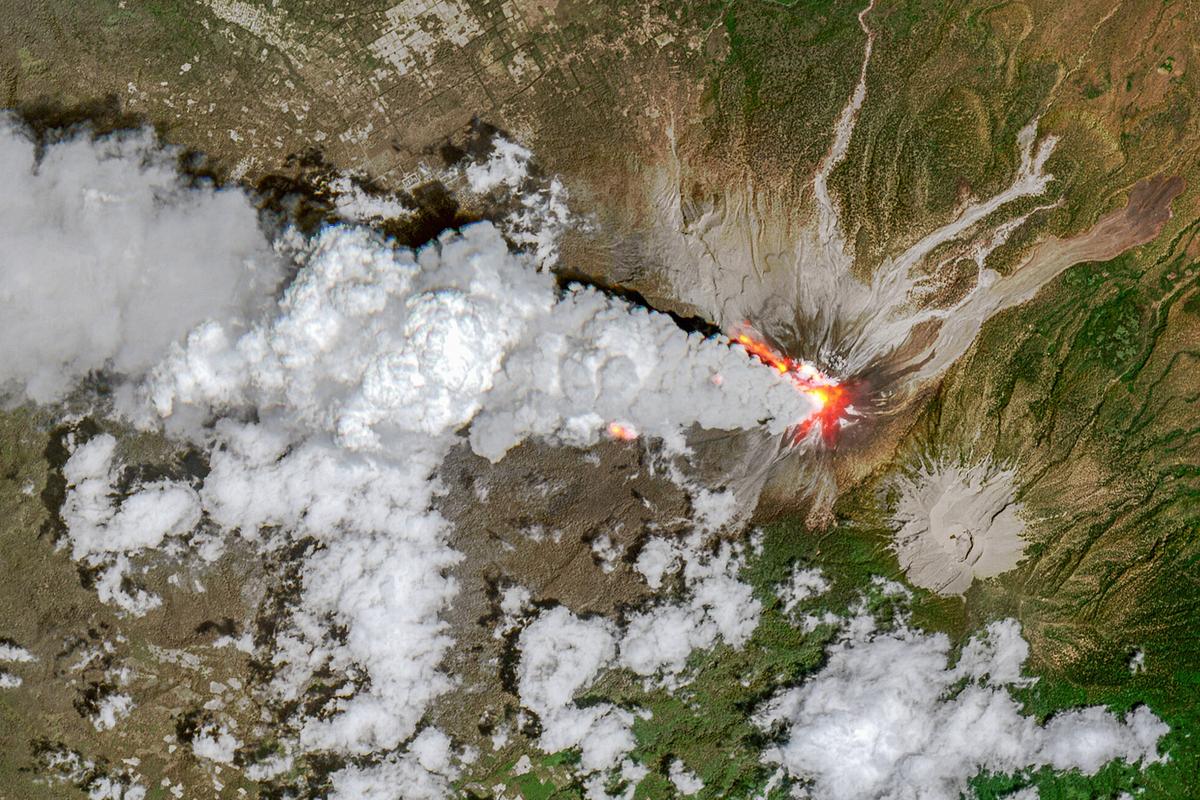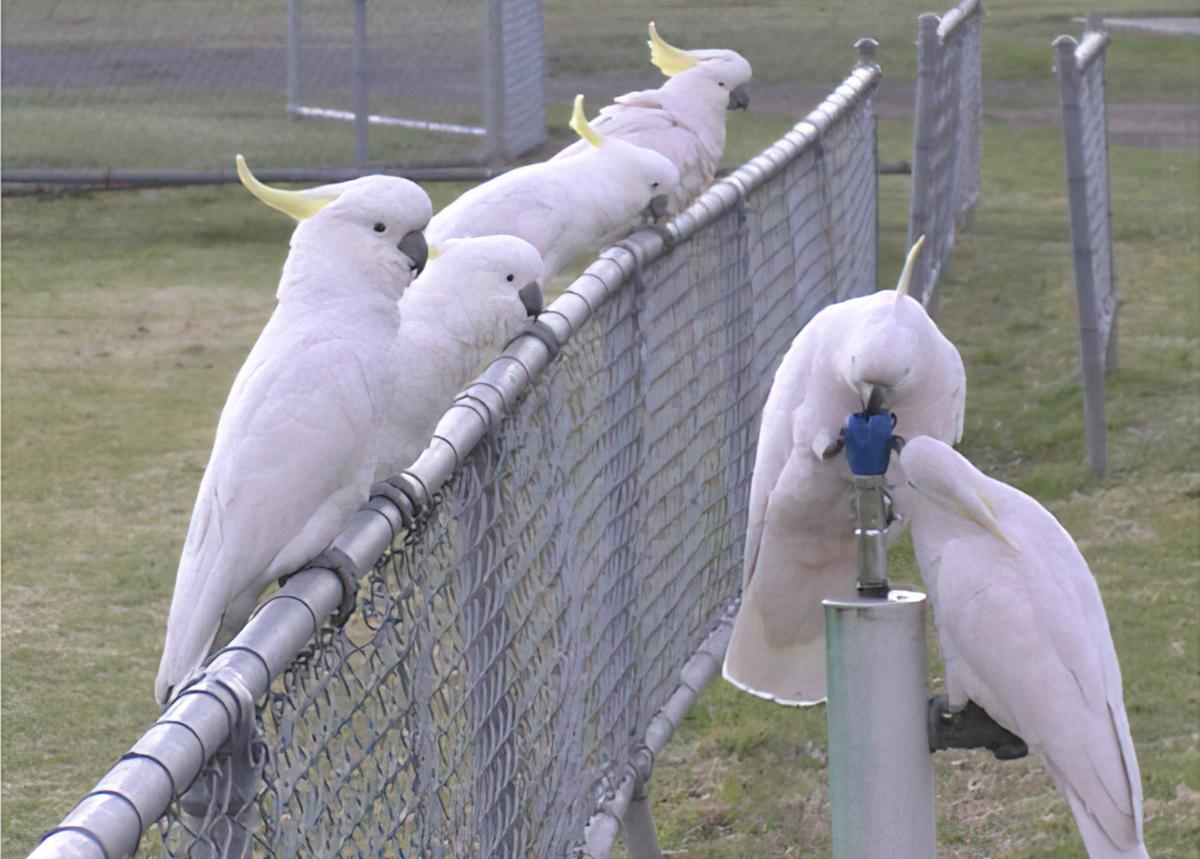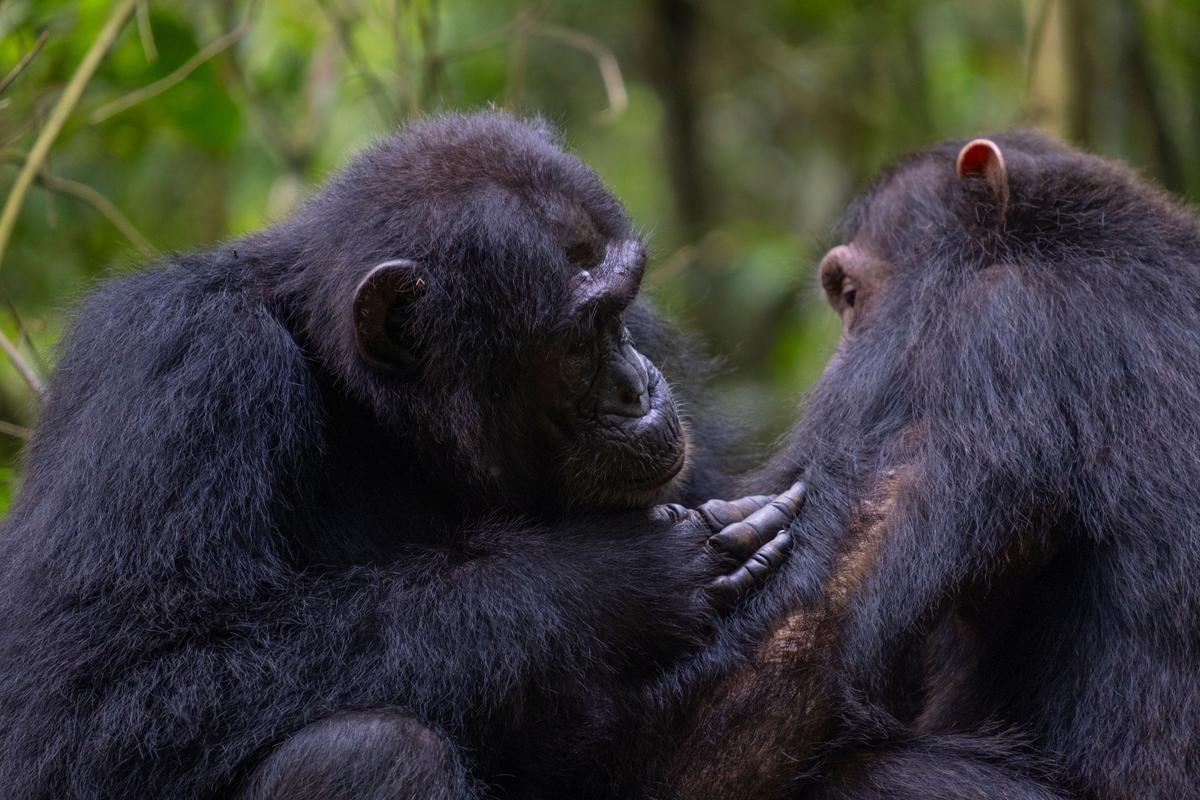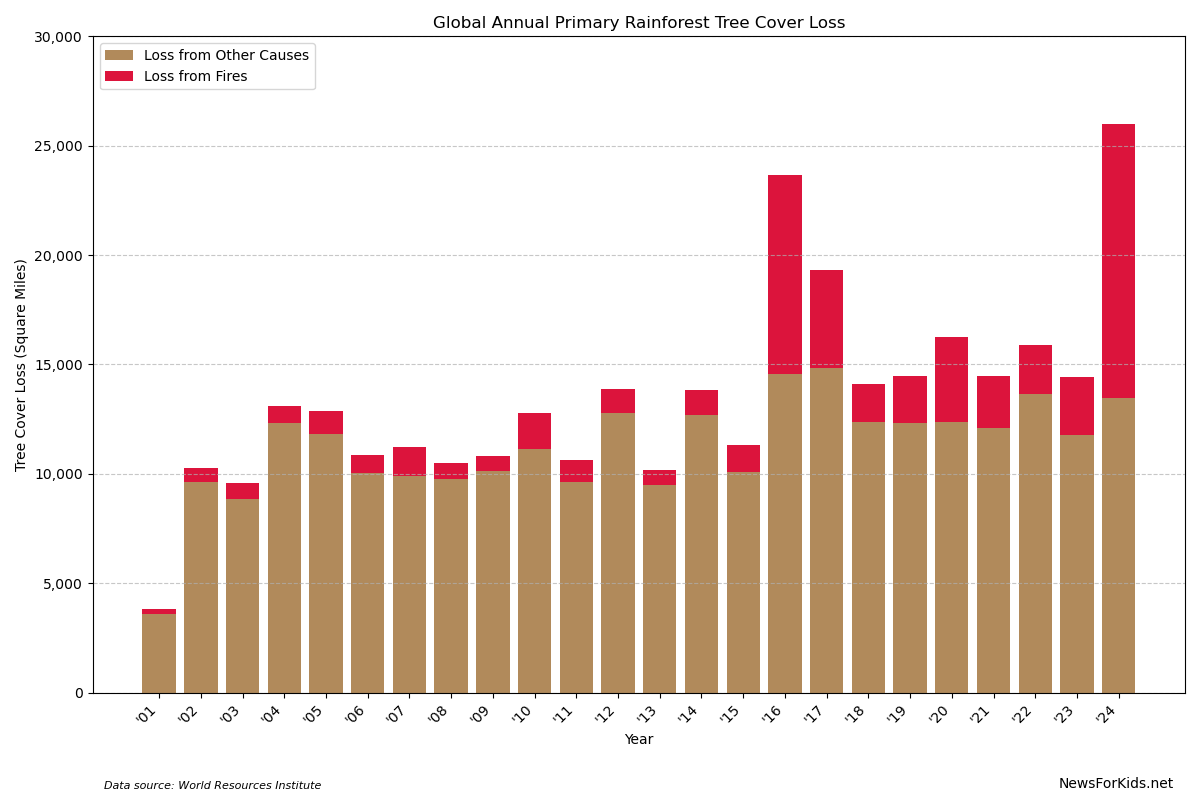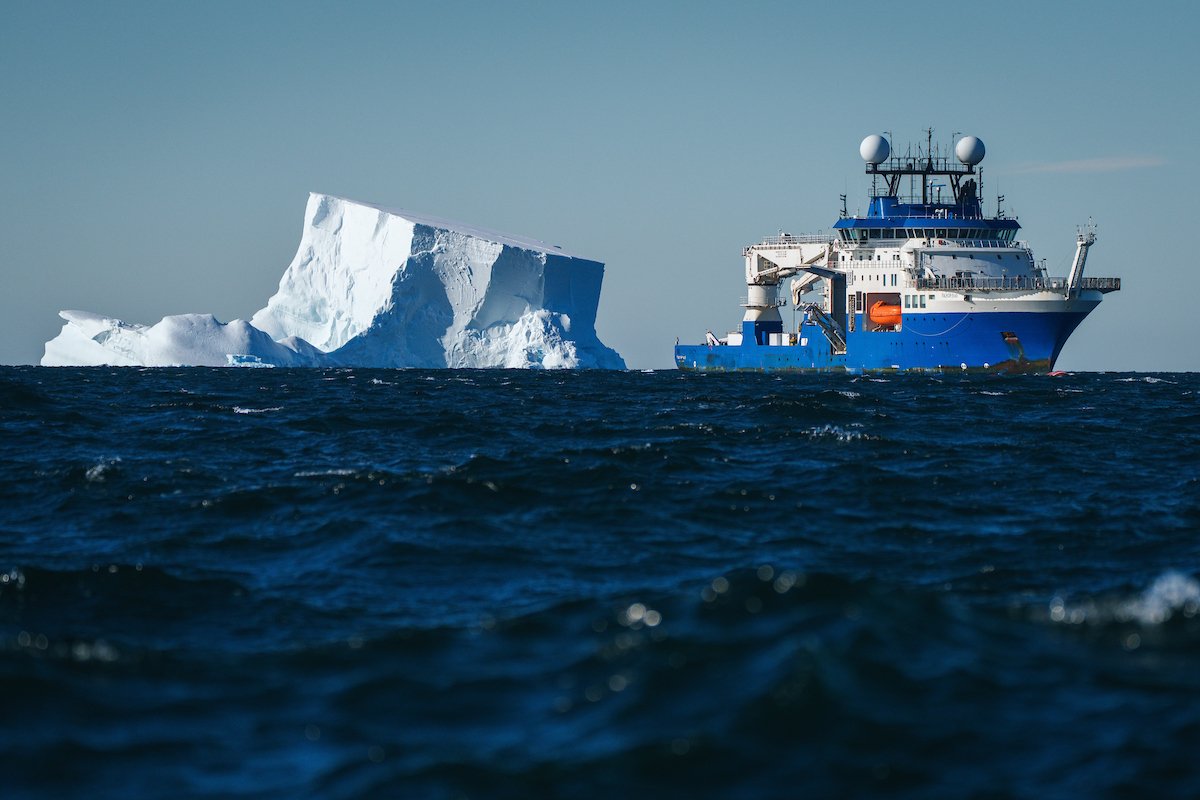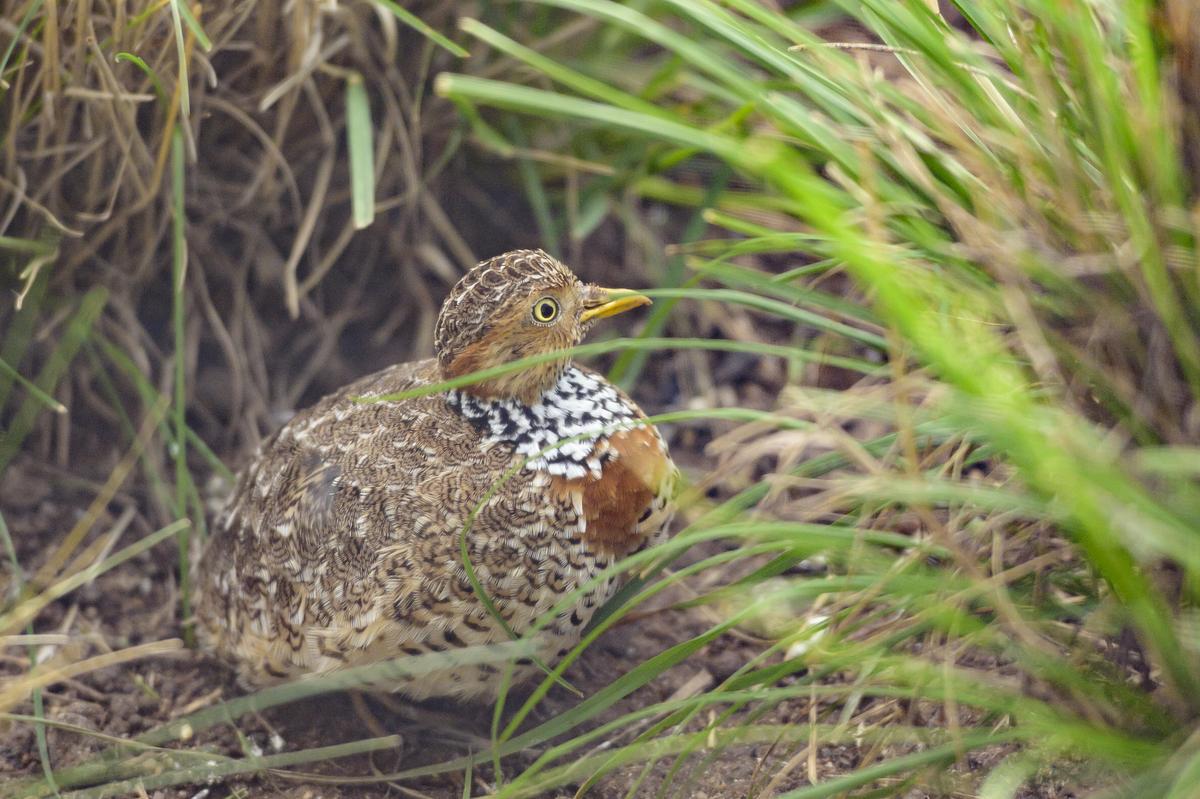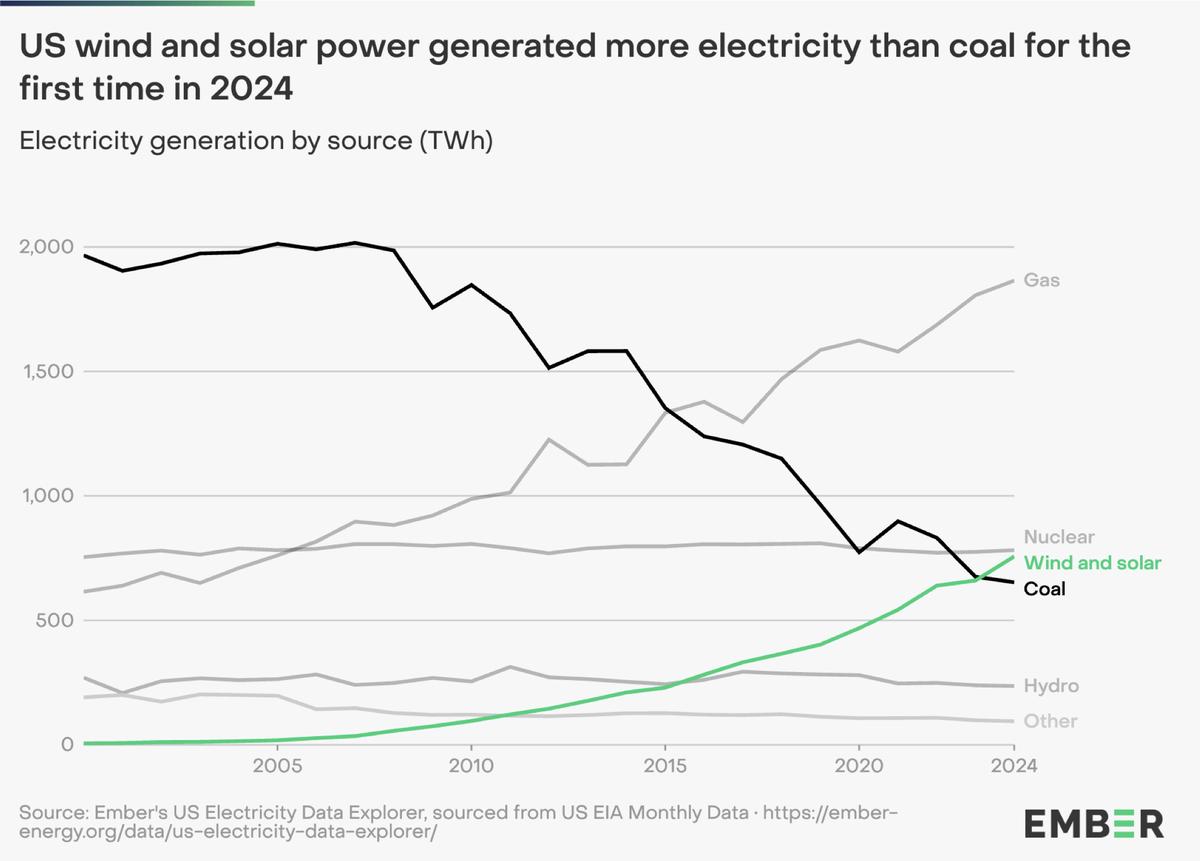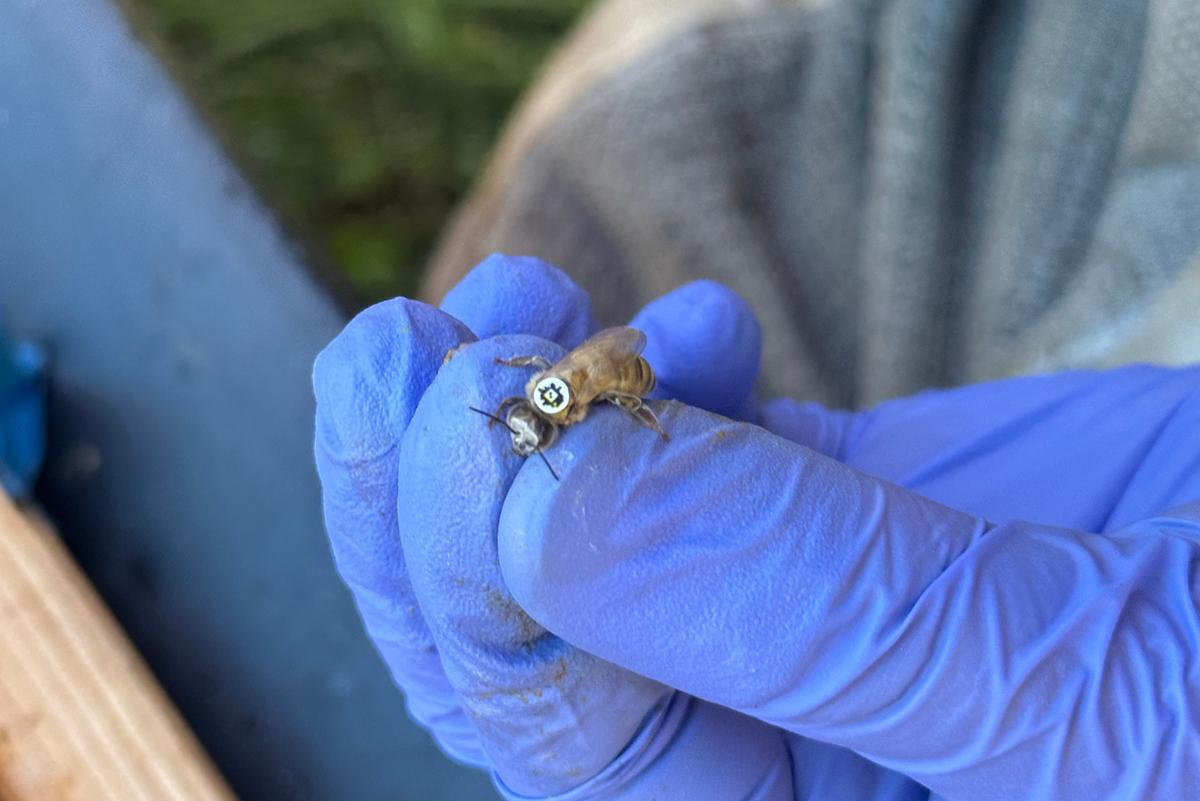On Tuesday, a volcano in Indonesia called Mount Lewotobi Laki-laki, erupted. The eruption sent a huge cloud of ash and smoke 6.8 miles (11 kilometers) into the sky, causing serious problems with air travel to and from popular tourist sites in Indonesia. No injuries have been reported.
Published in “Environment”
Scientists have been studying a group of cockatoos in Sydney, Australia that have a clever trick: they've figured out how to drink from water fountains. The birds use one foot to turn the fountain's handle and then lower their head to the spout, allowing them to drink.
On Monday, scientists and government leaders came together in Nice, France for the third United Nations Ocean Conference. The meeting is focused on the many challenges facing the world's oceans, and what can be done to help. The event comes as the US has suddenly taken a step back from protecting the oceans.
Scientists have long known that chimpanzees sometimes use leaves or insects as medicine. Now, researchers studying chimpanzees in Uganda have discovered that the animals will sometimes provide "first aid" to each other. This suggests that chimpanzees may be able to think about how to help others, as well as themselves.
Last year, the world lost more forests than ever before. The biggest cause of this loss was fires. Land clearing for farming and other human activities was also a major cause. The results are very worrying for the planet, which relies on forests to help fight climate change.
On Earth Day - April 22 - the XPrize announced the winners of its Carbon Removal contest. A company called Mati Carbon won the $50 million prize. Their method is simple, but it could remove huge amounts of carbon dioxide and also help farmers grow more food.
Yesterday was the 55th celebration of Earth Day. This year's theme was "Our Power, Our Planet", with a focus on how rapidly growing renewable energy sources are promising hope in the fight against the climate crisis.
In January, an iceberg as large as Chicago separated from an ice shelf in Antarctica. By chance, a scientific research ship was nearby. The scientists jumped at the rare chance to study an area of the ocean floor that had been covered by ice for thousands of years. What they found surprised them.
Scientists in Australia have used Artificial Intelligence (AI) to help them locate a rare bird called the Plains-wanderer. This new information will help scientists protect the birds, which are endangered.
Last year, the US got more of its electricity from wind and solar power than from coal. It's the first time that's ever happened, and it shows how quickly the US is moving toward cleaner energy sources. Because renewable energy is so cheap, it will probably continue to grow, despite President Donald Trump's push to increase fossil fuel use.
Scientists at Penn State University used an unusual method to track honey bees. By placing tiny QR codes on the backs of the bees, the researchers can keep track of when the bees leave and return to their hives. The work will help scientists learn more about how bees collect food and how far they travel.

